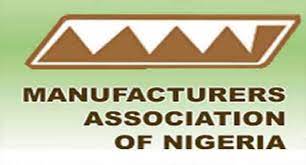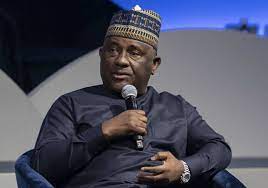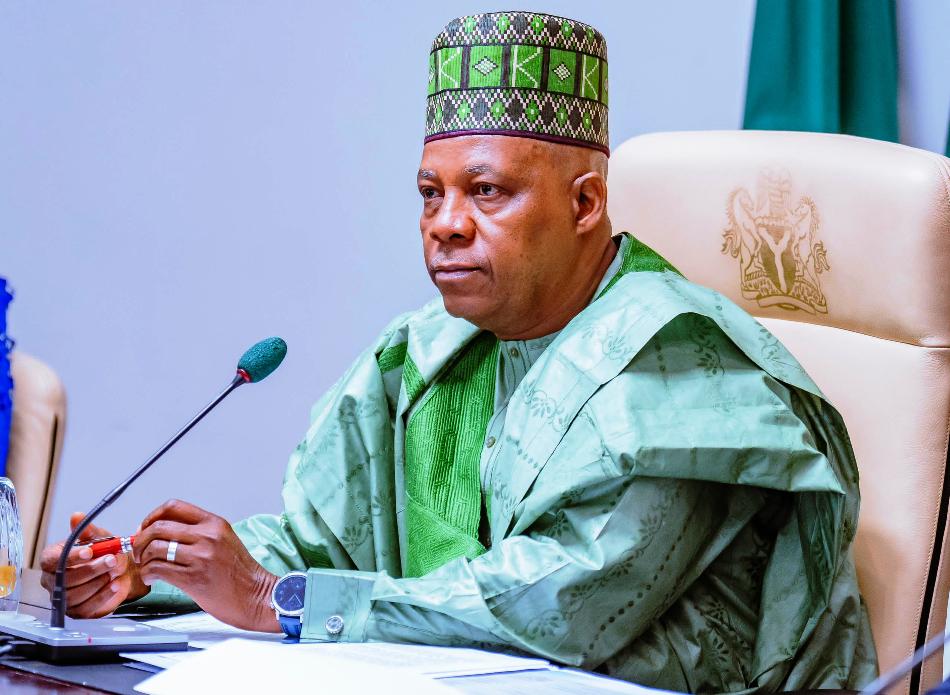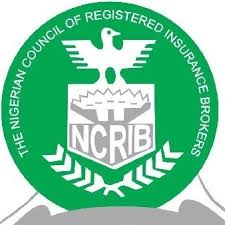Nigerian private sector appears to have experienced improvement during the final month of last year, according to report on Purchasing Managers’ Index (PMI).
The report explained that overall business conditions improved as new orders increased for the second month running and renewed expansions were seen in output, employment and purchasing. That said, rates of inflation remained elevated.
The headline figure derived from the survey showed that PMI readings above 50.0 signal an improvement in business conditions on the previous month, while readings below 50.0 show deterioration.
The headline PMI moved back above the 50.0 no-change mark for the first time in six months during December. At 52.7, the index was up from 49.6 in November and signalled a solid improvement in the health of the private sector that was the most pronounced since January 2024.
The report said new orders for goods and services increased for the fourth time in the past five months, with the pace of expansion quickening to the fastest since May. Respondents noted improving client demand and rising customer numbers.
According to the report, sustained growth of new orders led to a renewed expansion of business activity in December, thereby ending a five- month sequence of contraction. All four broad sectors signalled rising output at the end of 2024.
“Companies also responded to higher new orders by recording fresh rises in both employment and purchasing activity. Growth of input buying helped firms to accumulate stocks of purchases for the first time in five months.
Firms were able to keep on top of workloads and depleted backlogs for the seventh month running, albeit marginally,” the report said.
There were some signs of capacity pressures emerging in supply chains, however, with lead times shortening only fractionally and to the least extent since August 2023.
“While prompt payments and competition among suppliers meant that lead times continued to shorten, poor road condition and higher demand for inputs caused delays in some cases. Improving trends across the private sector were recorded in spite of ongoing strong inflationary pressures. Purchase prices were up amid currency weakness and higher costs for fuel and transportation,” the report said.
Head of Equity Research West Africa at Stanbic IBTC Bank Muyiwa Oni, said: “In line with the increase in economic activity usually associated with festive season in Nigeria, the private sector activity moved above the 50-points psychological threshold for the first time in six months, settling higher at 52.7 in December from 49.6 in November – its most pronounced improvement since January 2024”.
He said the improved private sector activity reflects renewed expansions in output, purchasing, and employment level. New orders also increased for the second consecutive month, with the latest increase being the highest since May 2024, reflecting improvement in consumer demand. Nonetheless, while some firms increased employment in response to the higher new orders, others reported having to let staff go due to difficulties paying wages.
He said: “Elsewhere, output (54.8 points vs November: 49.6) ended a five-month sequence of decline, with survey participants linking the rise in activity to increased customer numbers. Growth was recorded across each of the four broad sectors covered by the survey. Meanwhile, input prices remained elevated in December – prices increased across all four monitored sectors, with the most pronounced increase in the manufacturing sector. As a result, output prices also remained elevated in December and ticked higher from that seen in November.”
Courtesy: Agency report






